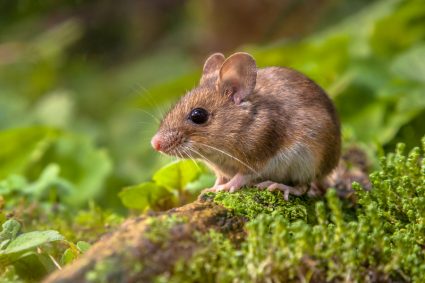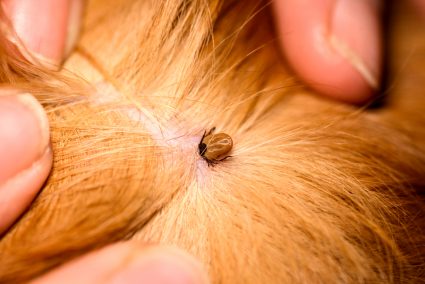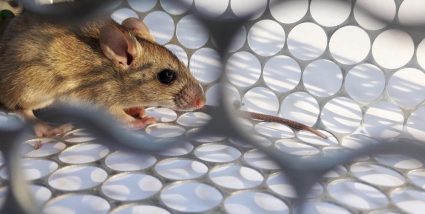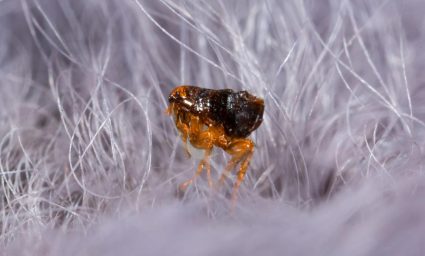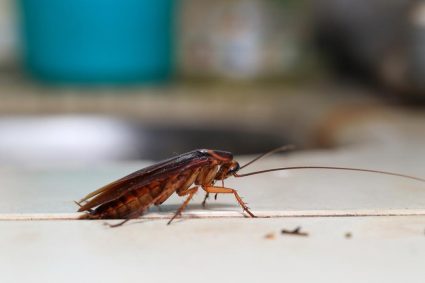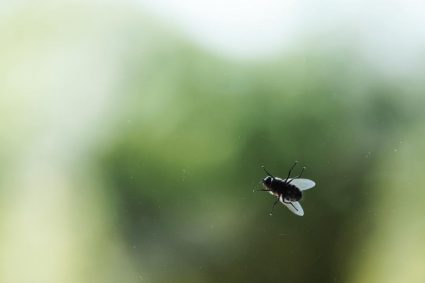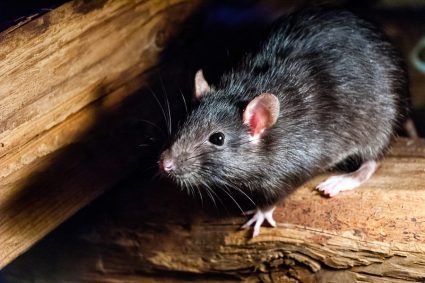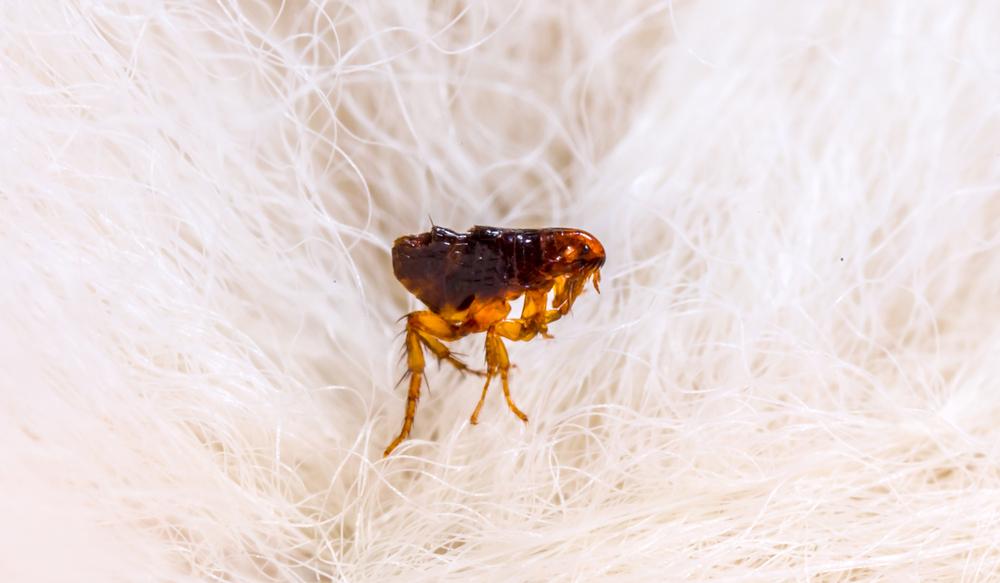
Fleas are small, wingless insects that are more than just a nuisance; they are extremely annoying pests that can cause discomfort and health issues for both pets and humans. But what makes them so annoying? Why are they hard to get rid of? And how can understanding their nature help in reducing their annoyance factor? This comprehensive guide will answer all these questions and more.
Fleas are annoying due to their unique characteristics and impacts on health. With their ability to jump long distances, they are hard to catch and eliminate. They live on their hosts and feed on their blood, causing discomfort and irritation. Their saliva can cause allergic reactions, leading to severe itching and dermatitis. They can also transmit diseases. Fleas reproduce rapidly and can live up to a year, making them hard to get rid of. Lastly, their ability to hitchhike on various animals allows them to spread easily and infest new areas.
Unique Characteristics of Fleas
Fleas possess several unique characteristics that contribute to their annoyance factor:
- Adapted for jumping: Fleas have strong hind legs that allow them to jump long distances, up to 50 times their body length. This makes them difficult to catch and eliminate.
- Ectoparasitic nature: Fleas are ectoparasites, meaning they live on the exterior of their host and feed on their blood. They have specialized mouthparts for piercing skin and sucking blood, causing discomfort and irritation to their hosts.
- Allergic reactions: Flea saliva contains enzymes, amino acids, and other compounds that can cause allergic reactions in some animals and humans. This can lead to severe itching, dermatitis, and even hair loss in pets.
- Disease transmission: Fleas are known to transmit various diseases, such as bubonic plague, murine typhus, and cat scratch disease. While the risk of transmission is relatively low in some areas, it is still a concern for pet owners and humans alike.
- Persistence: Fleas have a flexible life cycle and can reproduce rapidly, especially in warmer climates. Adult fleas can live up to one year in favorable conditions, making them difficult to eliminate completely.
- Hitchhiking behavior: Fleas are known to hitchhike on various animals, such as rats, squirrels, raccoons, and opossums. This allows them to spread easily and infest new areas, including homes and yards.
Health Impacts of Fleas
Fleas can significantly affect the health and wellbeing of pets and humans. In pets, particularly dogs and cats, fleas can cause flea allergy dermatitis, hot spots, tapeworm infestations, and even anemia in severe cases. In humans, fleas can cause itchy and painful bites, allergic reactions, and in rare cases, transmit diseases such as murine typhus and plague.
Lifecycle of a Flea
Understanding the lifecycle of a flea is crucial for effective flea control. Fleas have four life stages: egg, larva, pupa, and adult. The entire lifecycle can last from a couple of weeks to several months, depending on environmental conditions such as temperature and humidity. Understanding this lifecycle can help target and eliminate fleas at every stage of their development.
Common Misconceptions about Fleas
Several misconceptions about fleas can result in them being more annoying than they need to be. For instance, many people believe that clean homes do not have fleas or that flea treatments are not needed in winter. However, fleas can infest any home, regardless of cleanliness, and year-round flea control is necessary to prevent infestations.
Effective Flea Control
To effectively get rid of fleas, it’s essential to treat both the pet and the home environment. This includes vacuuming and cleaning carpets, furniture, and pet bedding regularly, using flea control products on pets, and treating the home with insecticides and insect growth regulators. It’s also crucial to maintain a clean and well-maintained yard to prevent fleas from breeding outdoors.
In conclusion, fleas are annoying pests due to their unique characteristics, health impacts, lifecycle, and common misconceptions that make them hard to control. However, by understanding their nature and implementing effective flea control measures, you can reduce their annoyance factor and protect your family and pets.
Frequently Asked Questions
What are some signs that my pet has fleas?
Some common signs that your pet might have fleas include excessive scratching, licking, or biting at the skin, hair loss, flea dirt (small black or reddish-brown specks) on your pet’s coat, and the presence of actual fleas on your pet or in the environment.
Can fleas live on humans?
While fleas can bite humans, they do not typically live on them. Fleas prefer to feed and reproduce on furry animals like cats and dogs. However, if the infestation is severe, fleas might jump onto humans when their preferred host is not available.
How can I prevent fleas on my pet?
Regular use of flea prevention products, such as topical treatments, oral medications, or flea collars, can help prevent flea infestations on your pet. Regular grooming and checking your pet for fleas can also help catch any potential infestations early.
Are there natural alternatives to chemical flea treatments?
Yes, there are natural alternatives to chemical flea treatments. Some of these include diatomaceous earth, essential oils like lavender or cedarwood, and flea-repelling plants like pennyroyal. However, it’s important to remember that natural does not always mean safe, and some natural treatments can be harmful or less effective than traditional treatments.
What is the best way to get rid of fleas in my home?
The best way to get rid of fleas in your home is through a combination of cleaning and treating. This includes vacuuming regularly, especially areas where your pet spends a lot of time, washing pet bedding and other fabrics in hot water, and using a flea spray or fogger to kill any remaining fleas and eggs. It’s also important to treat your pet at the same time to prevent reinfestation.

